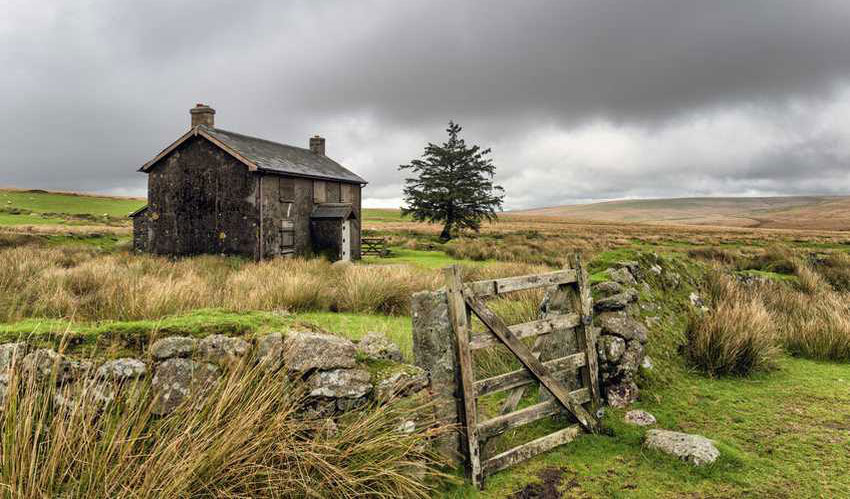
There are a record number of rural homeless families in Britain living in bed and breakfasts, according to new research.
The report said rural homelessness was a 'growing problem' with over 6,000 households becoming homeless last year.
While the causes of homelessness are similar in urban and rural areas, services to tackle the problem are very much concentrated in urban areas, leaving rural communities worse off.
Last year 6,270 households were accepted as homeless in England's 91 largely rural local authorities.
Between 2010 to 2016, predominantly rural local authorities recorded a 42 per cent increase in rough sleeping.
Rural communities have called out for more recognition in order to tackle the “hidden crisis” of rural homelessness.
Stigma
"It is clear from this report that homelessness manifests differently across the country and solutions used to tackle it in urban areas may not be the right approach for those in our rural towns and villages," said Sue Chalkley, chief executive of rural specialist housing association Hastoe.
"Even a basic understanding of the number of rural people who are homeless, or sleeping rough, is often pitifully low.
"The stigma of being visibly homeless in rural communities can be much stronger than in a city and, as a result, many will be bedding down tonight in hidden locations like outhouses, barns, tents and parked cars, making it much harder for traditional 'head counts' to identify them."
"And it isn't only rough sleeping that is such a problem," she said.
"Worryingly, since the middle of 2014 the number of families having to live in a B&Bs in rural local authority areas has risen by an appalling 500%, compared to a 200% rise in urban areas.
"The numbers are still rising in rural areas while in our towns and cities the numbers have been falling for the last year."
